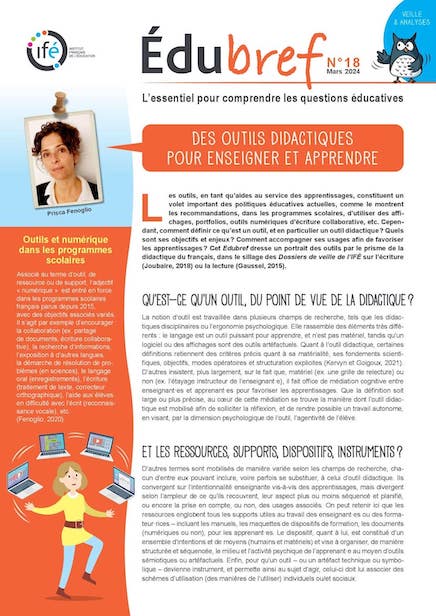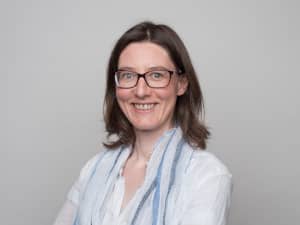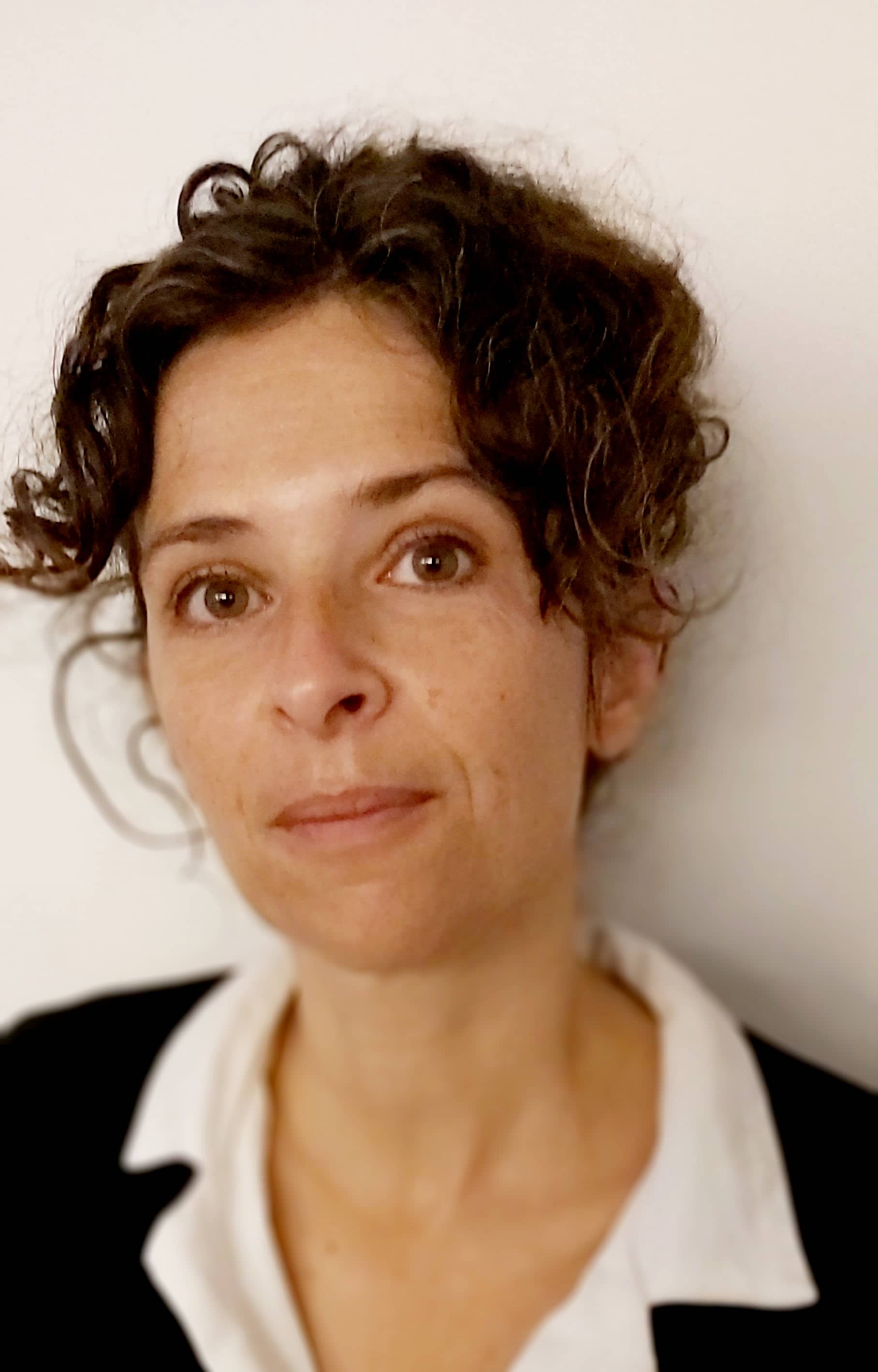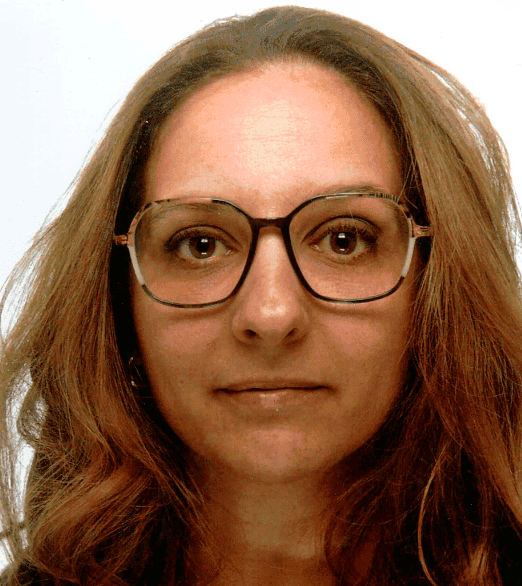Pays : Afrique du Sud
Langue(s) : anglais
Date : du 13-09-2010 au 15-09-2010
Lieu : Pretoria
Organisation : International Council for Open and Distance Education (ICDE)
hosted by the University of South Africa (Unisa)
Programme :
The theme adopted for the conference is ‘Bridging the Development Gap’, inspired in part by the location of the conference on the continent of Africa, with its huge developmental challenges, and in part by expectations from higher education institutions to promote development in a variety of ways – not only of higher education, but also of the economies they are a part of.
A separate Policy Forum to be held on 13 September will be organized as a seminar where views from international organizations and examples from national policy agendas will provide input into discussions between participants.
It is also intended that the conference will explore further some of the relevant themes which flow from the UNESCO World Conference on Higher Education held in July 2009. Under the rubric of the ‘Bridging the Development Gap' Theme then, the following sub- themes will be pursued:
-ACCESS, PARTICIPATION, SUCCESS AND GRADUATENESS - The challenges of increasing access, widening participation and improving success remain formidable challenges, especially in the developing world, even as we recognize that the developed world and parts of the developing world have made tremendous progress in these areas. How can the role of distance institutions in promoting access, increasing participation and improving success be enhanced? What compendium of skills and capacities do our graduates need for the digital age? What are the curriculum reform implications, and how can we co-operate on these initiatives through ICDE?
-KNOWLEDGE TRANSFER - What is the social responsibility of higher education institutions to promote knowledge transfer with a view to promoting development? What practical possibilities are there for this? How can we promote greater ‘brain circulation’ so that the benefits of enhanced capacities in one context can be recruited to the benefit of less developed contexts? How can there be greater sharing of resources and capacities?
-EDUCATION FOR ALL – POLICY, PLANNING AND PRACTICAL IMPLICATIONS FOR HIGHER EDUCATION -To realize the objective of EFA, what policy choices do we select, what planning imperatives do we respond to and what curriculum and capacity development programmes do we put in place? How can more flexible pathways to HE be promoted? What is the role of ODL in a developmental paradigm? What is the role of technology in this?
-GLOBALIZING HIGHER EDUCATION – COOPERATION, PARTNERSHIPS AND EXCHANGE - With increasing dissolution of the barriers to cross-border delivery, where should our emphases be in cooperation, partnership and pooling of resources and capacities?
URL : http://www.unisa.ac.za/.../
Ressources mises à disposition à l'issue de la manifestation :
• diaporamas : http://www.unisa.ac.za/.../Presentations.html
• enregistrement vidéo : http://www.unisa.ac.za/.../Videos.html
Presentations
* Policy Forum: Education for All, Nicholas H. Allen (PDF)
* Bridging the Digital Divide (PDF)
* A Brazilian perspective of challenges and barriers on Distance Education, Dr. Luciano Sathler (PDF)
* ODL Policy in Africa: Perceptions, Realities and Challenges, Olugbemiro Jegede (PDF)
* SCOP working group reports (PDF)
Policy forum group feedback (pdf et vidéos)
* Group 1: Access participation and success
* Group 2: Knowledge transfer
* Group 3: Education for all
* Group 4: Globalising higher education
Invited keynote speaker (video): Dr. Ibrahim Assane Mayaki, Chief Executive Officer of the New Partnership for Africa’s Development (NEPAD) Planning and Coordinating Agency
mot(s) clé(s) : enseignement et formation à distance, enseignement supérieur, internationalisation de l'éducation et mobilité
ICDE SCOP 2010 - Standing Conference of Presidents - Bridging the Development Gap
Date : du 13-09-2010 au 15-09-2010
Lieu : Pretoria
Organisation : International Council for Open and Distance Education (ICDE)
hosted by the University of South Africa (Unisa)
Programme :
The theme adopted for the conference is ‘Bridging the Development Gap’, inspired in part by the location of the conference on the continent of Africa, with its huge developmental challenges, and in part by expectations from higher education institutions to promote development in a variety of ways – not only of higher education, but also of the economies they are a part of.
A separate Policy Forum to be held on 13 September will be organized as a seminar where views from international organizations and examples from national policy agendas will provide input into discussions between participants.
It is also intended that the conference will explore further some of the relevant themes which flow from the UNESCO World Conference on Higher Education held in July 2009. Under the rubric of the ‘Bridging the Development Gap' Theme then, the following sub- themes will be pursued:
-ACCESS, PARTICIPATION, SUCCESS AND GRADUATENESS - The challenges of increasing access, widening participation and improving success remain formidable challenges, especially in the developing world, even as we recognize that the developed world and parts of the developing world have made tremendous progress in these areas. How can the role of distance institutions in promoting access, increasing participation and improving success be enhanced? What compendium of skills and capacities do our graduates need for the digital age? What are the curriculum reform implications, and how can we co-operate on these initiatives through ICDE?
-KNOWLEDGE TRANSFER - What is the social responsibility of higher education institutions to promote knowledge transfer with a view to promoting development? What practical possibilities are there for this? How can we promote greater ‘brain circulation’ so that the benefits of enhanced capacities in one context can be recruited to the benefit of less developed contexts? How can there be greater sharing of resources and capacities?
-EDUCATION FOR ALL – POLICY, PLANNING AND PRACTICAL IMPLICATIONS FOR HIGHER EDUCATION -To realize the objective of EFA, what policy choices do we select, what planning imperatives do we respond to and what curriculum and capacity development programmes do we put in place? How can more flexible pathways to HE be promoted? What is the role of ODL in a developmental paradigm? What is the role of technology in this?
-GLOBALIZING HIGHER EDUCATION – COOPERATION, PARTNERSHIPS AND EXCHANGE - With increasing dissolution of the barriers to cross-border delivery, where should our emphases be in cooperation, partnership and pooling of resources and capacities?
URL : http://www.unisa.ac.za/.../
Ressources mises à disposition à l'issue de la manifestation :
• diaporamas : http://www.unisa.ac.za/.../Presentations.html
• enregistrement vidéo : http://www.unisa.ac.za/.../Videos.html
Presentations
* Policy Forum: Education for All, Nicholas H. Allen (PDF)
* Bridging the Digital Divide (PDF)
* A Brazilian perspective of challenges and barriers on Distance Education, Dr. Luciano Sathler (PDF)
* ODL Policy in Africa: Perceptions, Realities and Challenges, Olugbemiro Jegede (PDF)
* SCOP working group reports (PDF)
Policy forum group feedback (pdf et vidéos)
* Group 1: Access participation and success
* Group 2: Knowledge transfer
* Group 3: Education for all
* Group 4: Globalising higher education
Invited keynote speaker (video): Dr. Ibrahim Assane Mayaki, Chief Executive Officer of the New Partnership for Africa’s Development (NEPAD) Planning and Coordinating Agency
mot(s) clé(s) : enseignement et formation à distance, enseignement supérieur, internationalisation de l'éducation et mobilité














